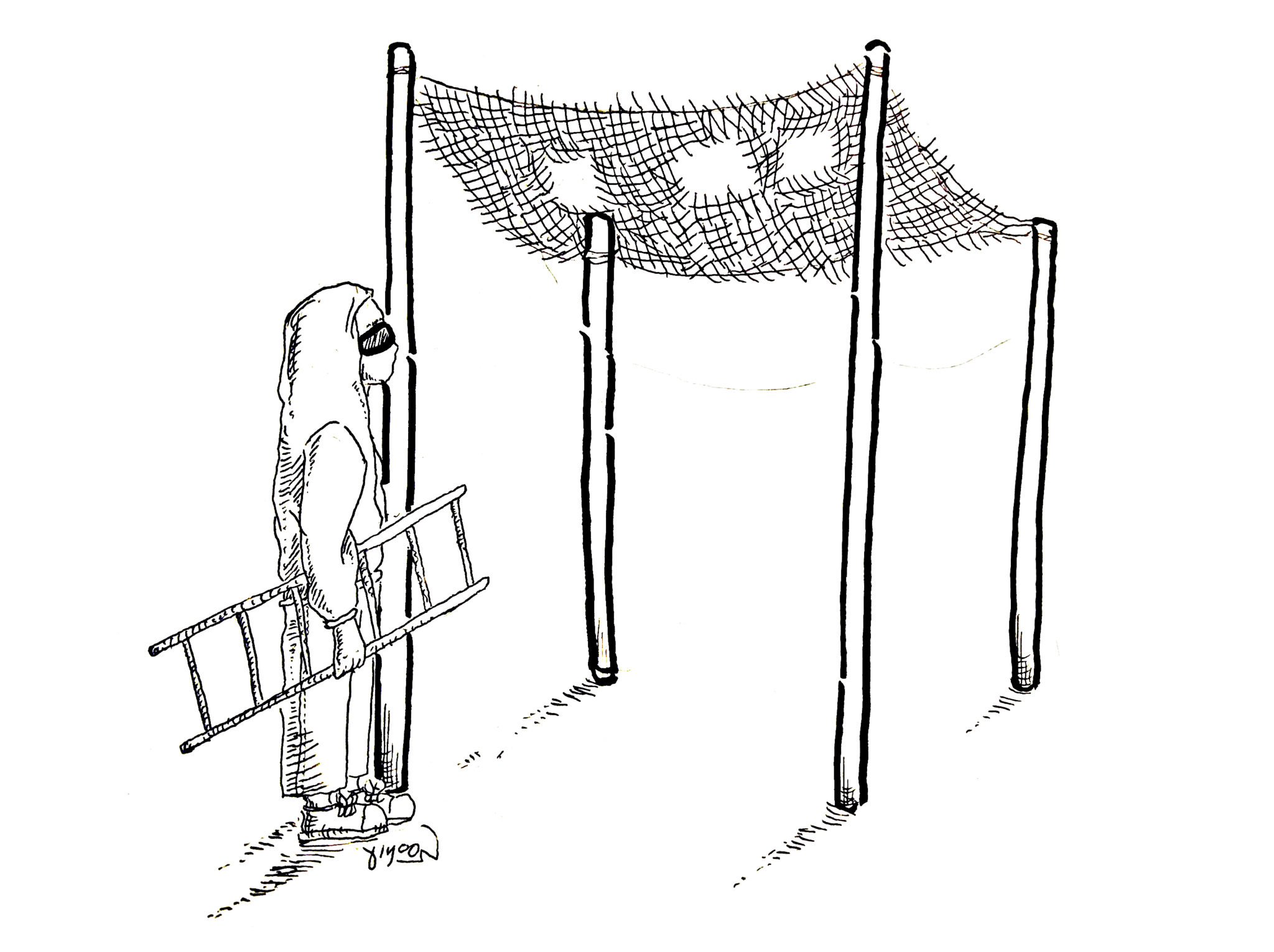
I scurry along through terminals while dragging my two bags of luggage. I am exhausted. The seven hours of traveling from California and the layover in Chicago have taken a toll. I just want to get to campus. I wait outside of Terminal One for my shuttle. The shuttle arrives to pick me up along with two other students. After figuring out how to fit our luggage inside a car that is far too small for the three of us, we get in the shuttle. I quickly find out the other two passengers are first years and also first-generation, low-income students. My eyes light up, and I immediately let them know that I am also in their position.
They seem to be even more excited to talk now, and they begin to ask me many questions about Yale from academics to social life. As our shuttle approaches Phelps Gate, I start giving them advice on how to get through the school year on a low budget and how to survive breaks on campus when dining halls are closed. They listen attentively. We arrive, and we exchange contact information. As I make my way to my dorm, I think about how rare it is to find two other Yalies facing many of the same problems I do on a campus where the majority are wealthy individuals who have parents with a college degree.
But I quickly remember about the big news that Yale has pridefully announced all summer. The Yale Class of 2022 has shattered records in racial diversity and admittance of low-income, first-generation students. This is no doubt a major step in the right direction for Yale, but it is also a reassuring shift for those of us who are here already under the same circumstances. But among all the praise given to Yale, one important question has been unfortunately lost. How will Yale accommodate these new students?
This problem is so obviously predictable, yet so blatantly ignored. Yale is absolutely in all its right to be proud of this progressive change in admitted students’ make-up, but the real challenge for a lot of these students is once they are an enrolled. Of course, it is easy to say that these are all among the brightest minds in the country, but there are some things that no GPA or academic performance can help you with.
So what can Yale do? To start, I hope that its policy of a stipend for low-income Yalies has continued and perhaps even expanded. Second of all, the student income contribution needs to be completely eliminated. This is an unnecessary practice that hurts students who can barely make ends meet in college. Even if you can pay this off with work-study, the student income contribution completely ignores the fact that we have other costs we have to account for. One such cost that we all know well is textbooks.
The price of books is something low-income students have to consider every time they shop a class. It should not be that way. We should have the liberty to pursue academic endeavors free of any worry of whether we can afford to be in the class. To solve this, Yale must give a textbook voucher for these students where all their textbooks costs are covered for. At the very least, professors also must take a look at their required readings and only add textbooks within reasonable price ranges. Additionally, they also should add texts that will be read thoroughly and not be read for a couple of pages.
All these things come back to financial aid, which in itself needs to be changed. The financial aid office often does not necessarily understand the needs of first-generation, low-income students. Having financial aid officers that are better equipped to assist us and having more people in the office from our background could be a good way to try to solve this. Furthermore, the parents of these students, like mine, often are not fluent in English so having more workers in the financial aid office who can speak multiple languages would be a good way to have the parent of these students involved.
Yet, perhaps the most difficult parts of being a first-generation, low-income student are building a support system and accessing mental health resources. These troubles are heightened when we are put in an environment as elitist and rich as Yale. We feel more out of place, more like we don’t belong. But having others there to support you and reassure you often helps us grow in confidence. In order to promote this, Yale should invest more in mental health facilities, low-income programs like QuestBridge to build support networks for these students. Considering the new class is also much more racially diverse, investing in cultural houses could also help build these foundations for an easier transition to Yale. Faculty members, heads of colleges and deans should also be trained in issues these students have, so they can be of help.
Although I have mentioned countless ways Yale could make itself a more welcoming and inclusive campus for this new class, I really have not even touched the surface of all the hurdles we face racially, economically, academically or emotionally. The fact that no stipend for food is given for students who stay on campus over breaks or the fact that many of us come from schools where the quality of our high school education was not great, putting us at an academic disadvantage, are other issues Yale has yet to address. Of course facing these problems won’t be easy considering this institution’s history as a predominately rich, white university. But if Yale is truly committed to making Yale a place for people of all backgrounds, they must account for all of their students. Otherwise, we could be taking one step forward, and many more backwards.
Carlos Rodriguez Cortez | carlos.rodriguezcortez@yale.edu







